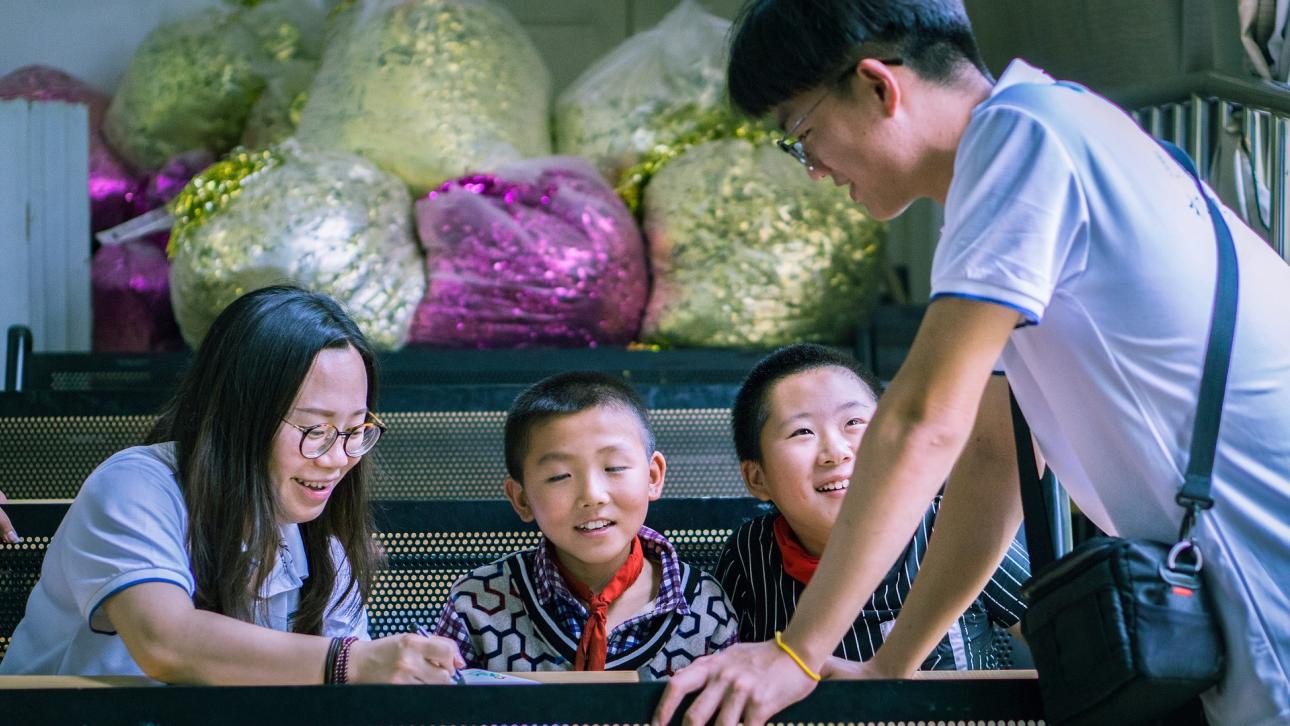Participating in volunteer work during high school is something that they cherish as much as it benefits them. High school in distinct situations can also be depicted as is it necessary to meet certain graduation requirements, enrich one’s college application, or simply aid the society one lives in. All that is well, but it is worth knowing what one is in for when one decides to volunteer.
1. Finding the Right Opportunity
When you start volunteering, one of the first obstacles you will have to overcome is finding an appropriate opportunity to engage in given your interests. Information about volunteer programs is usually available in schools, local societies, and even community centers. You can end up working with kids, helping out at a pet shelter, taking part in environmental activities, and also helping food banks.
It is important to select a mission that you value, as it will sustain you and your activity over the long run. Some institutions may have stipulations, such as attending certain meetings or providing a certain amount of hours. Get ready to go through a number of choices in order to discover something that works with both your timetable and your enthusiasm.
2. Time Management
Juggling studies, taking part in extracurriculars and community service can be hard. You should anticipate that time management will be one of the skills you learn. It may involve giving up weekends, afternoons, or even some holidays, depending on the type of the humanitarian project that you are engaged in. If your institution has a cap on community service hours for graduation or for honor status, then you should keep in mind the hours spent on community service.
In order to avoid stress, try and schedule your help with community activities in between sessions and social policies. For example skimming the table in the next page and volunteering to help should be something that does not place extra timelines pressures. Teachers are often a source of stress for volunteers.
3. Learning New Skills
In the course of your volunteering, it is probable that you will also gain some skills which you had not anticipated. Skills such as leadership, communication, teamwork and solving problems are learned while one is actively engaged in volunteering. Take, for instance, volunteering at a community oriented function. You may be involved with logistical work, laying down the materials, attending to people at the registration or even addressing audiences.
Such skills are not only applicable in the course of volunteering but also in one's studies and career. This is why many institutions of higher education and even employers seek students who have done voluntary work, as it is a sign of self-drive, responsibility and a desire to be of service to the community.
4. Meeting New People
When you volunteer, you have the opportunity to interact with people of different cultural backgrounds. Regardless of whether you are working with your contemporaries or will meet the local population, there will be a possibility to interact and expand the social network. Some of these members may develop into friends, mentors or present chances in the future to come.
Moreover, one can also benefit from those whom one may consider to be lower or the same level in the hierarchy. The lives of other volunteers are most likely different from yours and are also full of interesting things and events.
5. Making a Difference
Undoubtedly, one of the most satisfying things about volunteering is witnessing the fruits of one’s labor. Whether it is a thank you smile of a person you assisted, a less polluted place, or a successful community event, the satisfaction that the cause-and-effect relationship worked is priceless. It is also good to bear in mind that even the most insignificant of actions can lead to bigger impacts.
However, aside from the short-lived satisfaction that comes after volunteering, there are instances when such activities can be outright difficult due to various factors such as unfortunate circumstances or a lack of resources. The desire to help out and make an impact, however, makes the struggle worth it.
6. Personal Growth
The notion of community service in a high school setting does not only revolve around assisting people, rather it, too, focuses on the development of an individual. The more responsibilities you accept and the more challenges you tackle, the more knowledge you will gain about yourself as well as others. You may find yourself interested in helping certain demographics, improving your leadership skills, or just being comfortable in one’s skin.
Additionally, it is known that such activities enhance one’s empathy and sensitivity since one is able to get out of his generally accepted position and try to look at things from another angle.
Final Thoughts
Volunteering even as a teenager when one is still in the high school can be a life changing decision. It gives one an opportunity to assist the community and at the same time develop and learn useful life skills. Being able to strike the right workload; managing time and being ready to learn will help you get the best out of your voluntary works and also prepare you well for other activities in the future.

